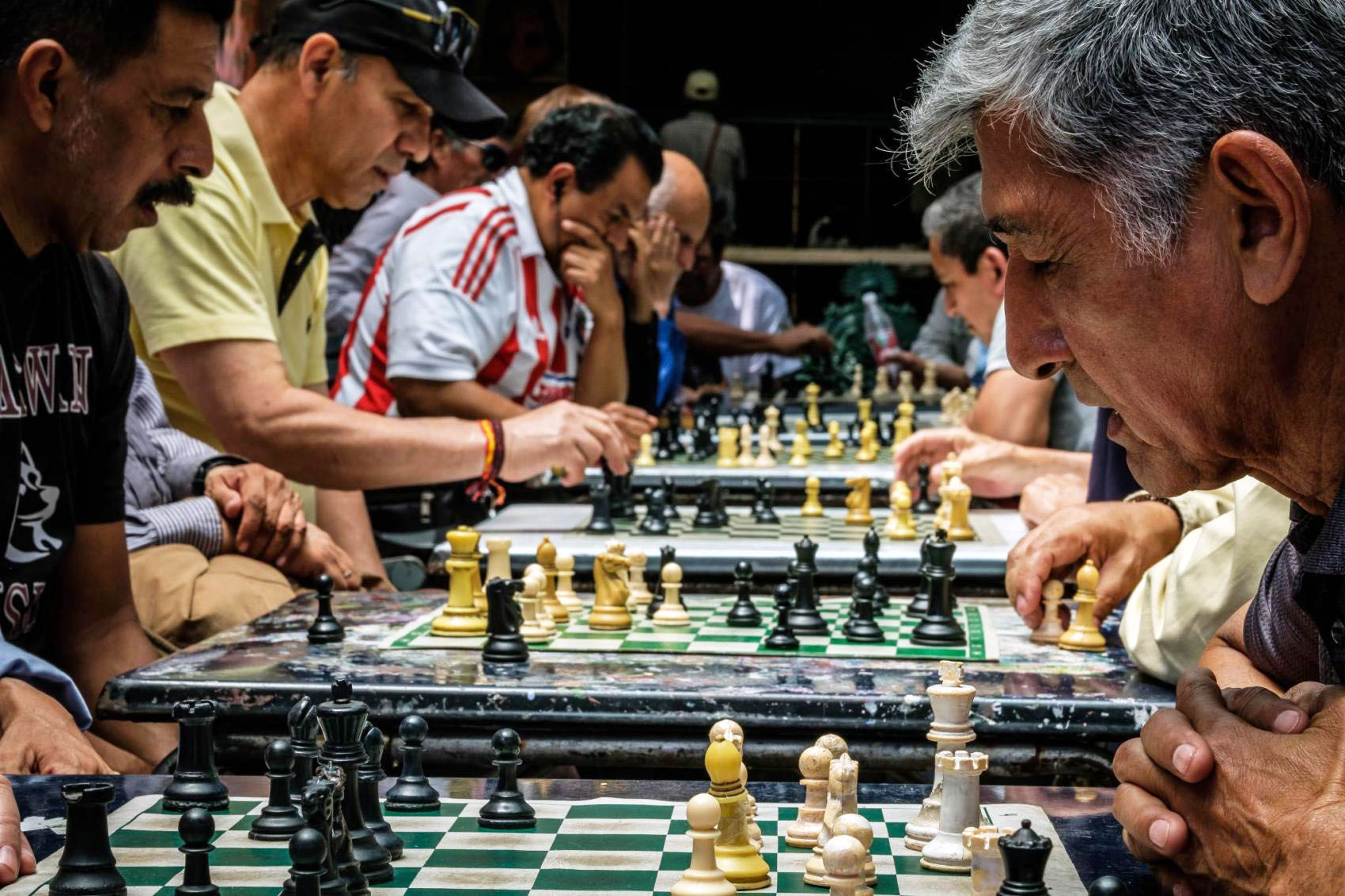
OXFORD, England (BP)–Disappointed with Beijing’s selection July 13 to host the 2008 Olympic Games, international human rights groups are calling on the International Olympics Committee (IOC) and others to press China to improve its human rights record before and during the Games.
“The International Olympic Committee should request iron-clad assurances that people will not be rounded up and detained each time one of its officials visits Beijing,” London-based Amnesty International said in a prepared statement. “It should also monitor how China respects the ethical principles enshrined in the Olympic Charter at all stages of preparation for the Games.”
Considering the escalation in serious and widespread human rights violations over the past three years, “the Chinese authorities have a long way to go to demonstrate a healthy and basic respect for human rights,” Amnesty International said.
Religious and ethnic minorities such as Tibetans, Uighurs, Falun Gong practitioners and Christians continue to face repression, including arbitrary detention, torture and lengthy prison sentences. Political dissidents, labor activists and farmers who protest against corruption or injustices also face repression. Others who have opposed Beijing’s Olympic bid have been detained or harassed as well, the human rights organization said.
New York-based Human Rights Watch criticized the International Olympics Committee for failing to press for guarantees on human rights. “If abuses take place as preparations for the Games proceed, it won’t be just the Chinese authorities who will look bad — the IOC and the corporate sponsors will be complicit,” Sidney Jones, Asia director of Human Rights Watch, said in a prepared statement.
Jones said the challenge now is how to hold China to promises made during the selection process, how to prevent abuses linked directly to the Olympics and how to use the Games to press for human rights improvements over the next seven years.
The United States Commission on International Religious Freedom, in a prepared statement, urged President Bush to “join with the leaders of all other Olympic countries to press China to live up to the obligations it has undertaken to ensure, beginning now, that the Games take place in an atmosphere in which the religious freedom and human rights of participants, spectators, and Chinese citizens are honored and protected.”
The U.S. commission said the decision to award Beijing the Summer Games “sends a message to the leaders of China that their appalling and worsening record on religious freedom … does not matter to the rest of the world.” The commission was created by the International Religious Freedom Act of 1998 to give independent recommendations to the executive branch and the Congress.
On May 1, the commission urged the Bush administration to use its influence to prevent China from being selected as a site for the Olympic Games until sustained religious freedom and human rights improvements have been demonstrated.
Some regular critics of China’s human rights record, including religious leaders and Chinese dissidents, however, contend that opening the door to trade and other contact with the world’s most populous nation will allow democratic values to flower.
Bernardo Cervellera, director of the Vatican missionary news agency Fides, said in a signed editorial July 12 that failure to award the Olympic Games to China because of its human rights record would be hypocritical and unproductive. “Punishment for violating human rights would seem to apply only to China,” wrote the priest, who is a member of the Pontifical Institute for Foreign Missions. “The Sydney Olympics were awarded to a country guilty of eliminating millions of Aborigines. Not to mention the bribes Australians paid to win the award. The same — bribery — is true for the 2002 Salt Lake City Games. Anyone who speaks of morality in sport and violation of human rights should take a good look at sport today: it is a business, nothing but business.
“We all know that the Beijing regime is not a democracy,” he continued. However, the Olympics could help lessen the pain of China’s economic woes and allow its people “to come into contact with the people of the world.”
–30–
Used by permission of Newsroom-online.com.




















